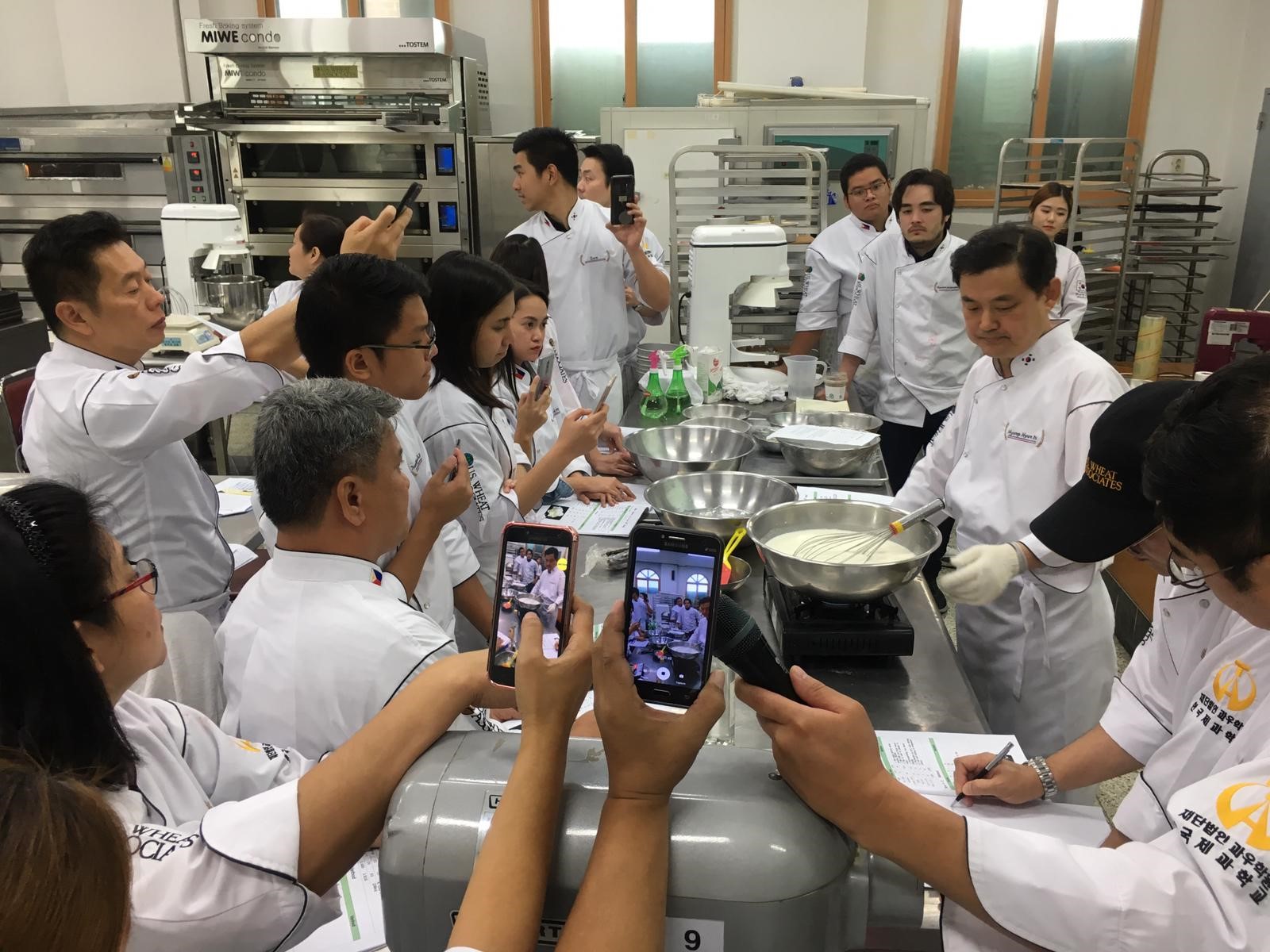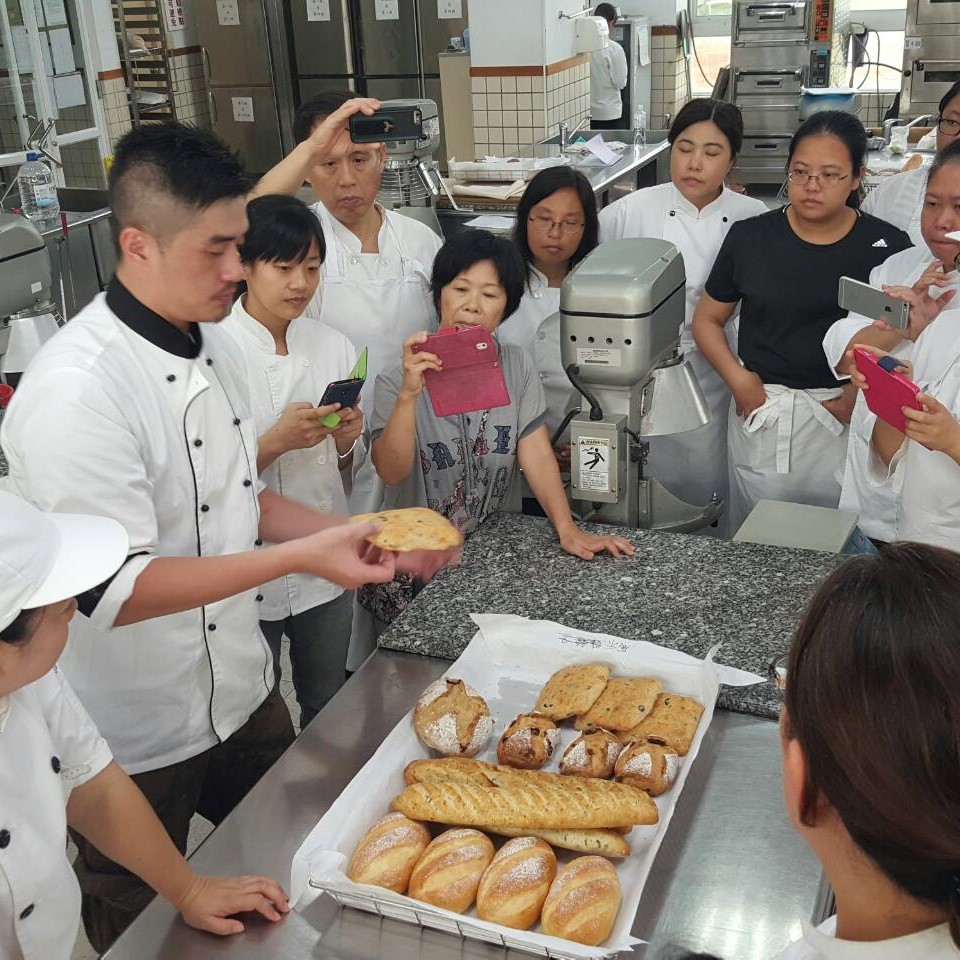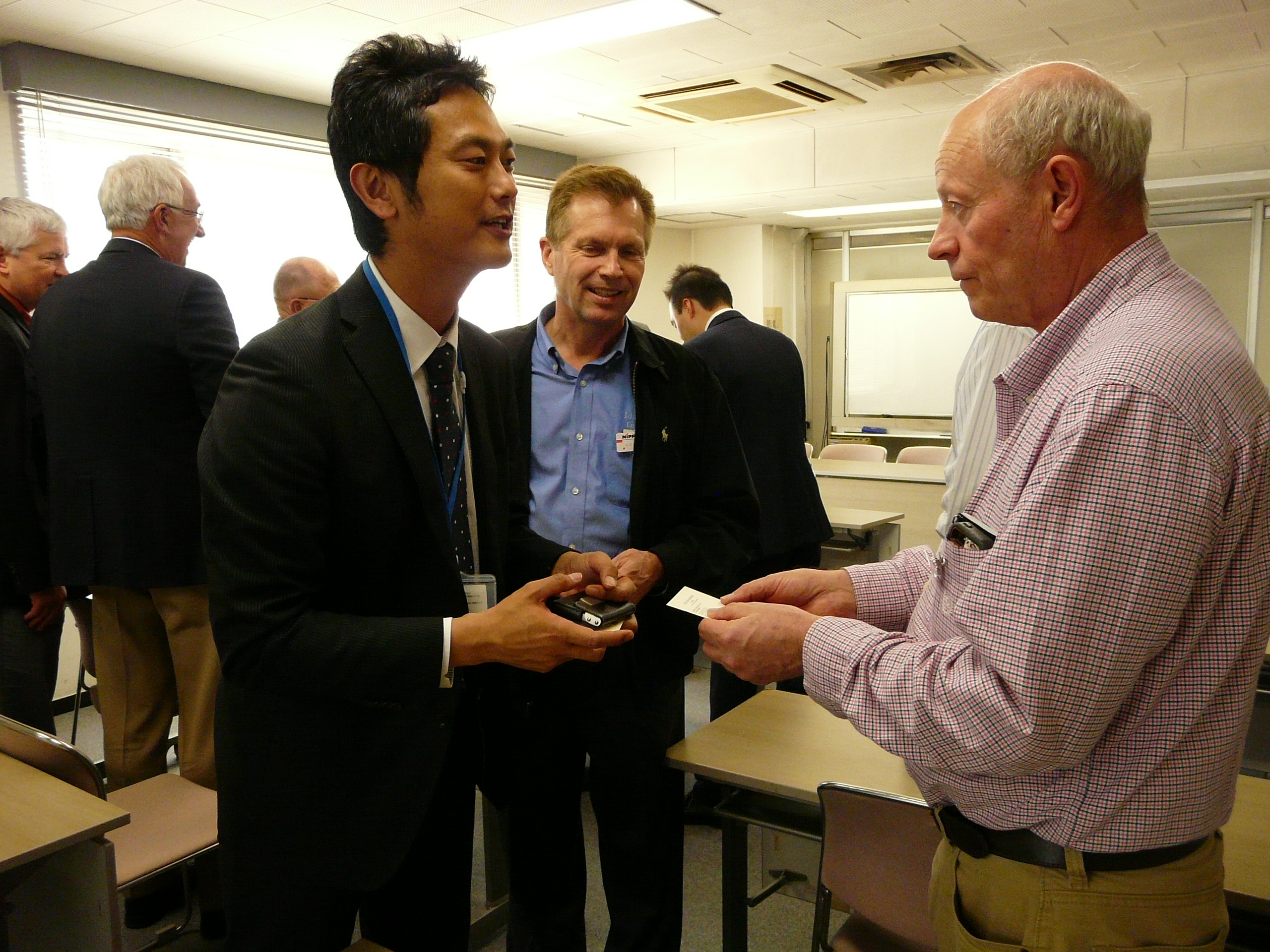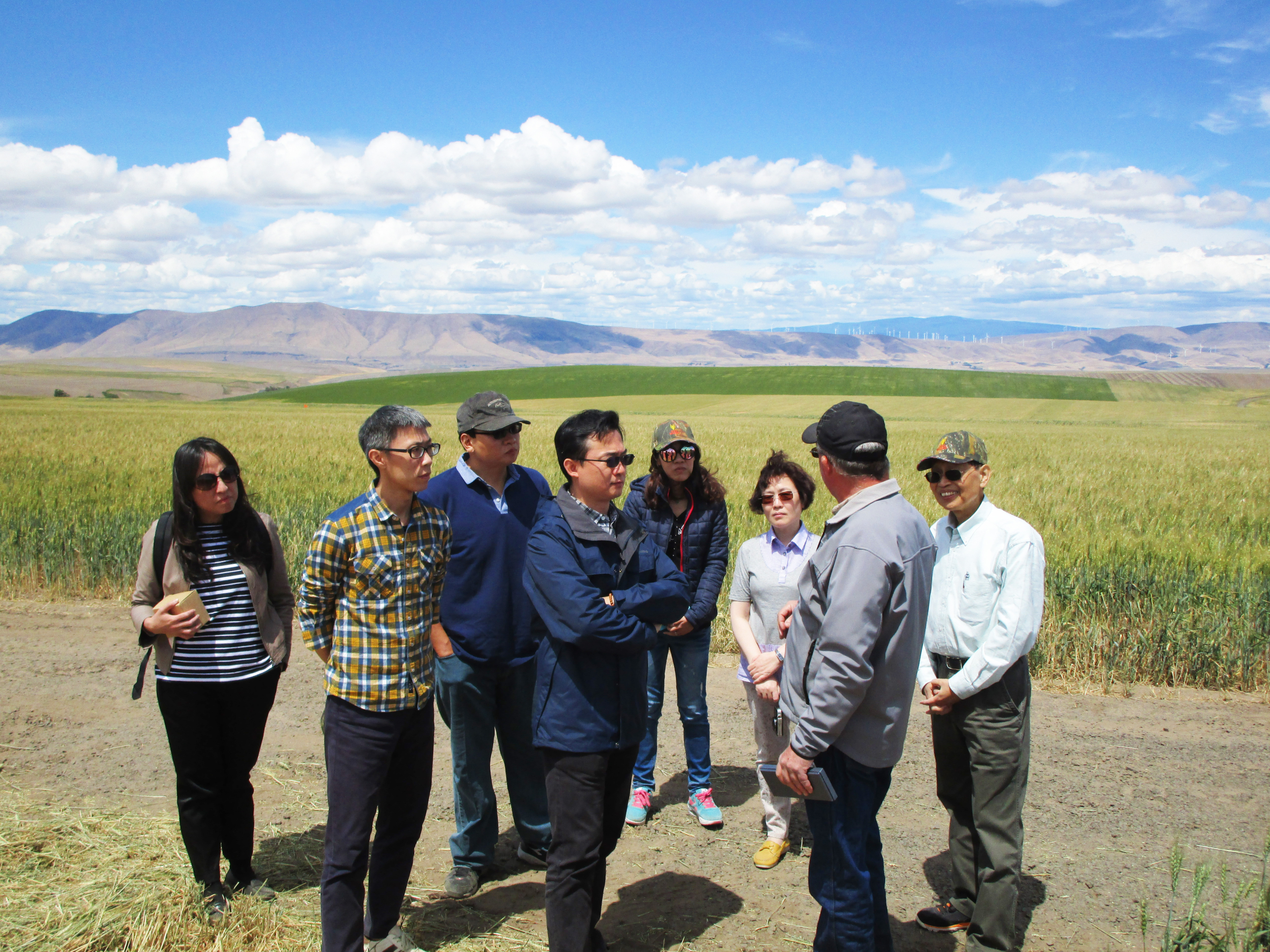USDA Foreign Agricultural Service cooperator U.S. Wheat Associates (USW) is using Foreign Market Development (FMD) program and the Market Access Program (MAP) funds to help expand demand for U.S. wheat in the Republic of the Philippines in part by introducing new products from North Asian countries.
Over the years, USW has built a team of very effective end-product technical experts in Korea and Taiwan. These are very sophisticated but somewhat mature U.S. wheat markets. The still growing Philippines market is hungry for new product ideas. USW decided to share its product and technical knowledge across regions in several ways.
In March 2018, for example, USW worked with a large flour mill in Cebu, Philippines, to plan a customer appreciation learning visit to observe innovations in the Korean baking industry. USW’s representatives in Seoul set up meetings for the team of 19 customers at sophisticated Korean bakeries where they saw new products and formulations, made with flour from U.S. hard red spring (HRS) and hard red winter (HRW) wheat, baking methods and processes.
USW chose that milling customer for this activity knowing that Bakery World 2018, the first bakery trade show in Cebu was scheduled for October 2018 where the organization would be very visible on behalf of U.S. wheat farmers. At the show with more than 6,000 bakers and allied industry representatives, USW Korea Country Director CY Kang presented a look at bakery trends in Korea. USW Korea Food and Bakery Technologist David Oh demonstrated production methods for five different types of breads currently popular in the Korean market. USW Manila Bakery Consultant Gerry Mendoza made a presentation on bakery operations.
With additional support from three state wheat commissions, USW also hosted 30 Philippine managers at a noodle production workshop presented by USW in Taiwan. USW demonstrated how milling U.S. soft white (SW) wheat yields both high quality cake flour and higher protein “clear” flour that is ideal for bright white noodles.
Using Agricultural Trade Promotion (ATP) funding, USW’s Manila and Seoul offices collaborated on a Korean Bakery Workshop held in Seoul, South Korea from June 16 to 22, 2019. USW designed the workshop as a service to 30 additional Philippine bakers and millers to familiarize them with Korean products, formulations and production methods.
The return to U.S. farmers from the long-term, diverse activities in the Philippines is increasing. From a volume of about 2.0 million metric tons (MMT) in marketing year 2011/12, U.S. wheat imports reached more than 3.0 MMT in 2018/19 and the Philippines imported more U.S. SW and HRS than any other country that year.





